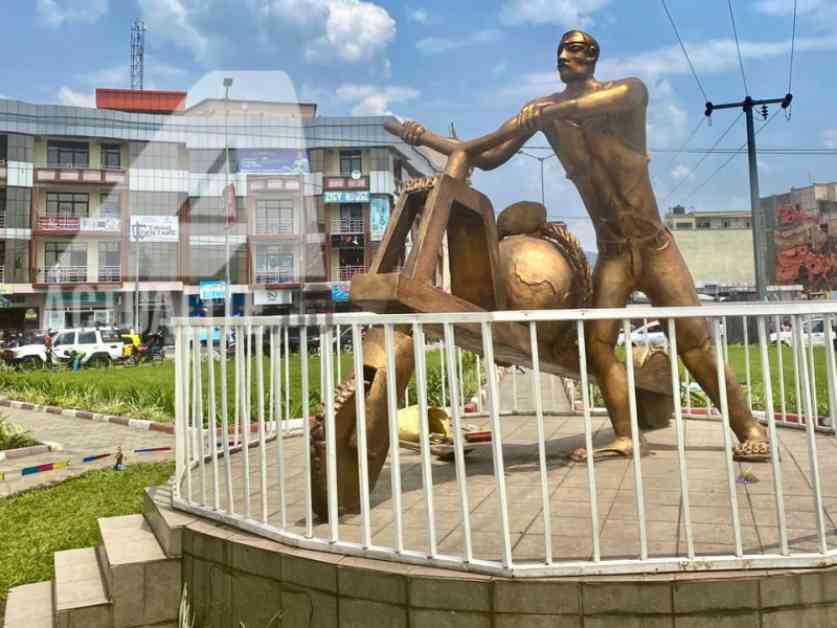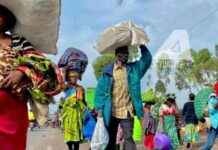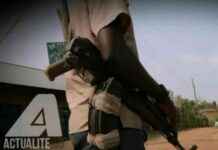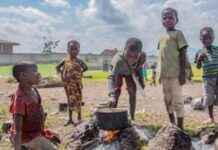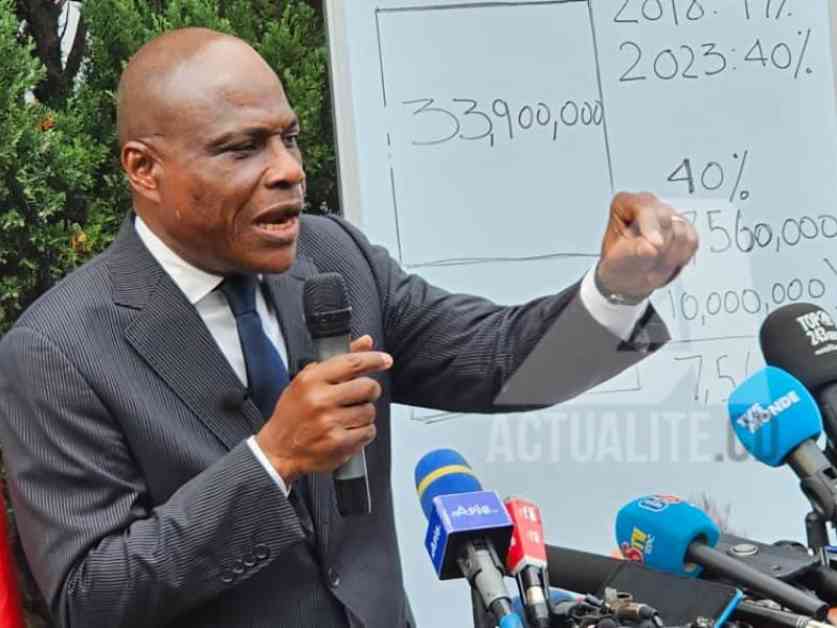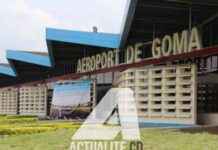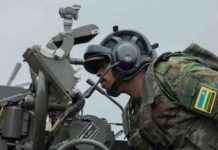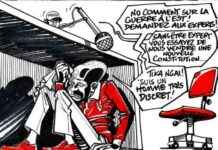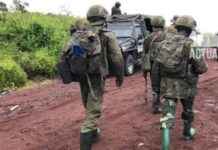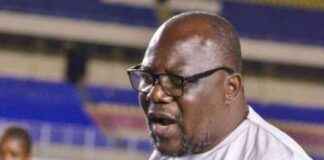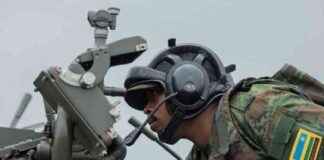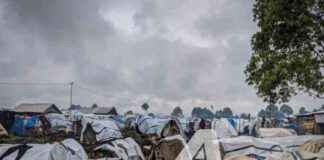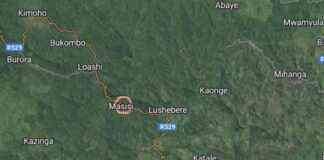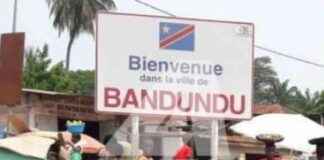When the M23 rebellion, supported by the regime of Paul Kagame, took control of the city of Goma, the capital of the North Kivu province in the eastern part of the Democratic Republic of Congo, its influence expanded rapidly. Goma joined a growing list of towns and villages in territories like Rutshuru, Masisi, and Nyirangongo that fell under M23-RDF control. This shift raised questions about the fate of civil servants living in these areas and whether they would still be supported by the government.
During a press briefing, two members of the Suminwa government clarified that despite the challenges posed by the M23-AFC-RDF coalition, the government remained committed to its responsibilities towards its citizens. Patrick Muyaya, the government spokesperson, emphasized the importance of analyzing the situation and its implications for various sectors. He stressed that all Congolese citizens, including civil servants and healthcare workers, deserved support and protection, regardless of the political turmoil.
Muyaya also highlighted the brutality of the M23-RDF occupation, pointing out the violence and loss of innocent lives that had occurred in the region. He questioned the idea of considering the occupiers as brothers or sisters, given the atrocities they had committed. The minister of Public Health, Hygiene, and Social Welfare, Roger Kamba, echoed these sentiments, emphasizing that the government would not impose additional hardships on the already suffering population.
Kamba expressed concern for healthcare providers working tirelessly in dangerous conditions to save lives, emphasizing that they deserved recognition and support. He emphasized that withholding their salaries due to their geographical location would be unjust and unfair. The government’s commitment to its citizens, even in conflict-ridden areas, remained unwavering.
Government Response and International Concerns
In response to the M23-RDF coalition’s actions, the Kinshasa government voiced its opposition to the reorganization of local authorities by the rebels. Thérèse Kayikwamba Wagner and Félix Tshisekedi, representing the government in international forums, raised concerns about the coalition’s attempt to alter the demographic composition of the territories under its control. They viewed this as a threat to the region’s stability and called for international support to address the situation.
The United Nations Security Council and diplomatic representatives in the DRC were briefed on the escalating tensions in the North Kivu province. The government’s stance against the rebel groups and their disruptive activities underscored the need for a coordinated response to protect the region’s civilians and restore peace and order.
The ongoing conflict between the M23-RDF coalition and the government highlighted the complex challenges facing civil servants and healthcare workers in the affected areas. Despite the volatile situation, the commitment of the government to support its citizens remained steadfast, ensuring that essential services continued to operate, even in the midst of turmoil. The resilience and dedication of these individuals in the face of adversity underscored the importance of upholding the values of public service and humanitarian aid in times of crisis.
